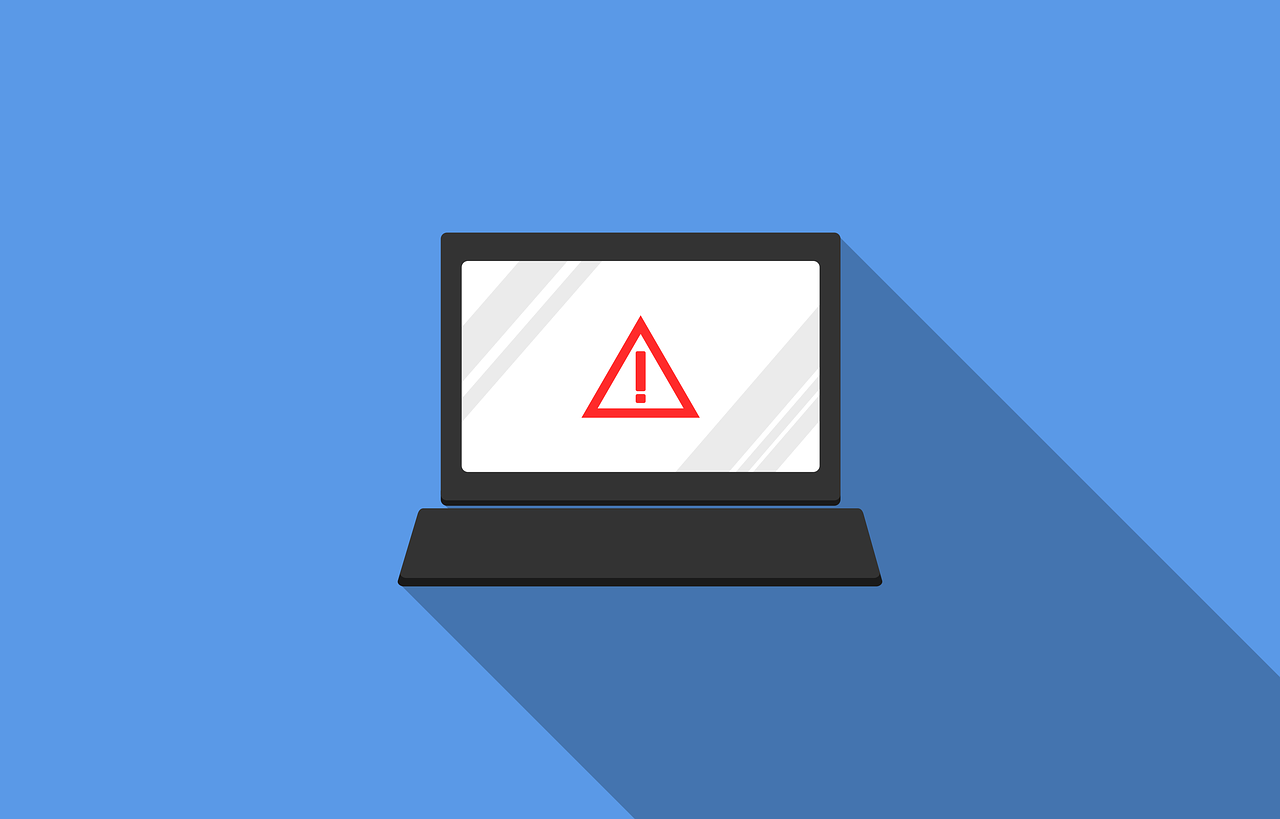Cloud-Based Vs. On-site Phone Systems: What’s Best for Business?
March 21, 2023
Many business owners are keen to find out more about the best phone systems for businesses: cloud-based (also known as VoIP) vs on-site phone systems.
There are benefits and drawbacks to each option, and it’s important to assess your needs to find a suitable and customized solution that’s right for your business.
Many businesses are making the transition to using cloud phone systems, which are seen as being scalable, flexible, reliable, affordable and offering a wide variety of useful features.
Below we look at the difference between cloud-based and on-premise phone systems, the benefits of using a cloud phone system, and what to consider when choosing a
VoIP phone system.

Cloud-based vs on-site phone systems: what’s the difference?
A commonly asked question is what’s the difference between a cloud-based phone system and an on-site phone system.
A cloud-based phone system is one that uses the internet to make calls, using a Voice over Internet Protocol (VoIP) solution. By contrast a traditional phone line uses a copper wire or an optic fiber connection to make calls.
Because cloud phones use the internet to make calls, these phone systems are hosted by off-site data centers and all phone data is stored in the cloud. That’s quite different from a traditional phone system that’s installed on-premise.
When you use a cloud phone you can use quite a variety of phone devices including smartphones, computers, VoIP headsets and traditional phones. And, you can also call from anywhere - you don’t have to be physically located in the office, which provides a great deal of flexibility and mobility.

The benefits of cloud-based phone systems
There are many benefits to using a cloud-based phone system, which is probably why there’s been such a big movement by companies to adopt this new technology.
Below we look at 6 of the top benefits to using cloud-based phone systems.
1. Scalable
Cloud-based phone systems can be scaled as your business grows or shrinks. If you have more employees who need phones, you can quickly and easily add extra phone lines and use a range of advanced features. You don’t need to have technicians come and install on-site cables and physical phone equipment.
And if you need to upgrade your phone system, it’s quick and easy to install updates, compared with traditional systems where you may need to wait for upgrades to be made.
2. Cost savings
One of the biggest benefits to having a cloud phone is that it can come with significant cost savings. That’s because you don’t have the same call charges as with traditional phone systems, that are based on the amount of time you spend on the phone, or how far away the person is that you’re calling.
Instead, with a VoIP phone, you just pay for your internet connection which is what you use to make calls, and for your VoIP service. This can help to reduce your monthly phone bills.
You can also save on all the extra features you may have opted for with a traditional phone line, such as voicemail, as these services are typically included in your VoIP phone cost.
And, another significant cost savings is that you don’t have to pay for an expensive outlay of costs for phone hardware infrastructure installation, as
VoIP phone systems are usually much less expensive per line. That makes them particularly attractive to small businesses.
3. Flexible
Cloud-based phone systems are well-suited to providing remote work solutions, as they can be configured to work from anywhere on a range of devices.
As long as you have an internet connection, you can communicate over a work VoIP phone, even if you’re calling from somewhere in another country or state.
That means you don’t have to be physically present at a company’s premises to be able to effectively communicate with colleagues and partners.
VoIP phones are therefore a popular solution for location independent and remote teams, or for anyone who needs to travel frequently for work.

4. Reliable
Cloud-based phone systems are reliable because they are hosted in different locations, which means that your data is more secure and that you won’t often experience downtime.
5. Easy to use
Cloud phones are simple and easy to use and typically only need to be plugged in before being used. They do also have additional features which you can use to help enhance productivity.
6. Sustainable
If you use a cloud based phone system, then you may not require as much on-site hardware and software as with a traditional phone system. That can help reduce your card footprint and enhance resource efficiency. If your internet provider and cloud phone providers are powered by renewables, then this can further enhance the sustainability of your cloud-based phone system.
What to consider when getting a cloud-based phone system
While there are many advantages and benefits to having a cloud-based phone system, there are also various things that you should consider. This can help you decide whether a cloud-based phone system is right for you and suited to your needs.
1. Do you have a fast, stable internet connection?
To use a cloud phone, you will need to have a reliable and stable internet connection. You’ll need sufficient bandwidth for the number of phone lines you have connected, and you’ll need to ensure that your VoIP traffic is prioritized over other types of internet use.
In order to ensure a fast and reliable internet connection, you may need to have a powerful router and other hardware. And you may need to consider your office layout as some signal “dead spots'' may affect the quality of your VoIP phones.
If you don’t have a reliable connection, you may need to upgrade that first before getting a cloud-based phone system.
2. Is your team fully remote or hybrid?
It’s challenging for remote employees to use on-site phone systems, which makes VoIP phones particularly popular among remote teams.
If your team is fully remote, or if at least some employees are working from home or remotely, then a cloud-based phone solution can be a big advantage. And they can help enable better communication, collaboration, productivity and efficiency.
That’s because your staff can make calls from anywhere, using a range of devices, which makes VoIP phones a flexible solution.
3. Do you want to scale your business?
If you are planning to scale your business, then you may prefer opting for a cloud-based system.
That way you can avoid the costs of an on-premise traditional phone system installation.
You can also save costs by using your existing phones, or can make calls via their laptops, desktops, or mobile phones. That way you won’t have to purchase any new phone hardware as your company grows.
4. Do you want full control of your phone data?
If you want to manage and maintain your phone system yourself, and have full control over your phone network, then you may prefer to opt for an on-site phone system.
VoIP phone systems are better suited to companies that are keen to relinquish the maintenance and management of a phone system.
VoIP phone providers are responsible for updating software, enabling new users and features and providing customer service for phone-related requests and queries.
And when it comes to phone data storage and security, hosted cloud phone systems work by having data stored on the cloud on your hosts’ servers.
If you’d prefer to store this data on your own servers, and manage your own data security, then an on-premise phone system may be better suited to your needs. But for smaller businesses that may not have their own IT security experts, it may be easier and less costly to have a third party store, manage and secure the phone data.
5. Phone line quality
If your internet connection isn’t reliable and if your bandwidth isn’t sufficient, you may get jittery phone line quality on your cloud phone. Or you may experience other quality issues such as echoing and latency.
There are a range of ways in which you can improve and enhance the audio quality of your VoIP phone line. That includes using ethernet cable connections instead of WiFi, having a VoIP optimized router, selecting the best quality VoIP phones or headsets, and auditing your phone system regularly to see where there’s opportunity for enhancement.
6. Consider additional VoIP features costs and VoIP contract terms
If you’re planning to get a cloud phone system, then you may want to check which additional features are on option and whether there are any extra costs.
It’s important that you check with the cloud phone provider before you sign a contract, whether your existing phones will be compatible with their VoIP system.
And it’s important to ask your prospective cloud phone provider for a list of additional services they provide and what the extra costs will be. This can help you compare service offerings between providers and can also help you plan your budget.
You may find that you don’t actually need any or many of the extra services, and this can help you maintain lower monthly phone bills.
Also consider all the terms of your cloud phone contract carefully. Some providers, for example, will charge you per minute after you exceed your first 1000 minutes. This can get very costly.

Tips for migrating to a cloud-based VOIP phone system
Some of the deciding factors when it comes to choosing a VoIP service provider will be the cost of the system and subscription, the features offered, how good the customer support is, whether it offers security, and whether it is a scalable solution.
Specialized IT service companies like NB Technology can help you assess your business phone needs, and implement a system that is best suited to your needs.
At NB Technology we can setup, configure, and port all of your numbers to the new system and we also provide 24/7 support, as well as training.
Below are a few tips for successfully migrating to a cloud based VoIP phone system.
Assess your business phone needs
Before you decide to migrate your phone system to a VoIP one, it’s best to conduct an assessment of your business needs. That should also include your plans for expansion and growth, as that is relevant to your choice of on-premise vs cloud based phone system.
At NB Technology, we test and assess your bandwidth and can calculate how much you would need for optimal VoIP calling. That way we can advise you upfront whether you’ll need to upgrade your internet and bandwidth.
Consider which VoIP features you need
When choosing a VoIP contract and service provider, consider which additional services are offered and which ones you would actually need. Also think about the const implications and whether you can afford this as part of your budget.
It’s also wise to look at the contract terms to see how you will be billed, so that there are no surprises down the road.
As an example of some powerful VoIP phone system features, NB Technology can provide:
- Unlimited calling
- Automated virtual phone answering
- Voicemails to email (Virtual voicemail)
- Text messaging
- Customized on-hold music
- The ability to transfer calls to anyone, anywhere
- Video conferencing
- 24/7 technical support
Get advice from your VoIP provider on how to achieve optimal quality
If you’re thinking about moving your phone systems to the cloud, it can be confusing and overwhelming to figure out where to start.
It’s a good idea to think about what your goals are for the growth of the company in future, to see what type of a phone system would suit you best. This will also inform how much bandwidth you’ll need and what type of internet service provider you choose.
You may want to do research into the best VoIP provider and find out about their packages, rates and VoIP system features on offer.
Once you’ve selected a VoIP phone service provider, remember to ask them how to optimize your call quality and for any tips they can provide.

Final thoughts on migrating to a VoIP phone system
There are many factors that will affect whether you opt for a cloud-based or premise-based phone system. These factors include your budget, the status of your internet connection, whether you plan to grow and scale your company, and whether you have remote teams.
Getting advice from a professional with a thorough knowledge and experience dealing with VoIP phone systems is important. They can help you to assess your needs and requirements, and help provide you with the correct services and hardware to ensure quality phone lines, while providing great customer service.
At NB Technology, which is based in Belmont (North Carolina), we assist companies with a range of
phone and internet services.
Our friendly team can help provide customized solutions to suit your needs and budget, including
cloud based VoIP phone systems and
business internet solutions.
Contact us at (704) 644-1220 for a no obligation consultation to discuss your
phone system needs and any inquiries you may have.











